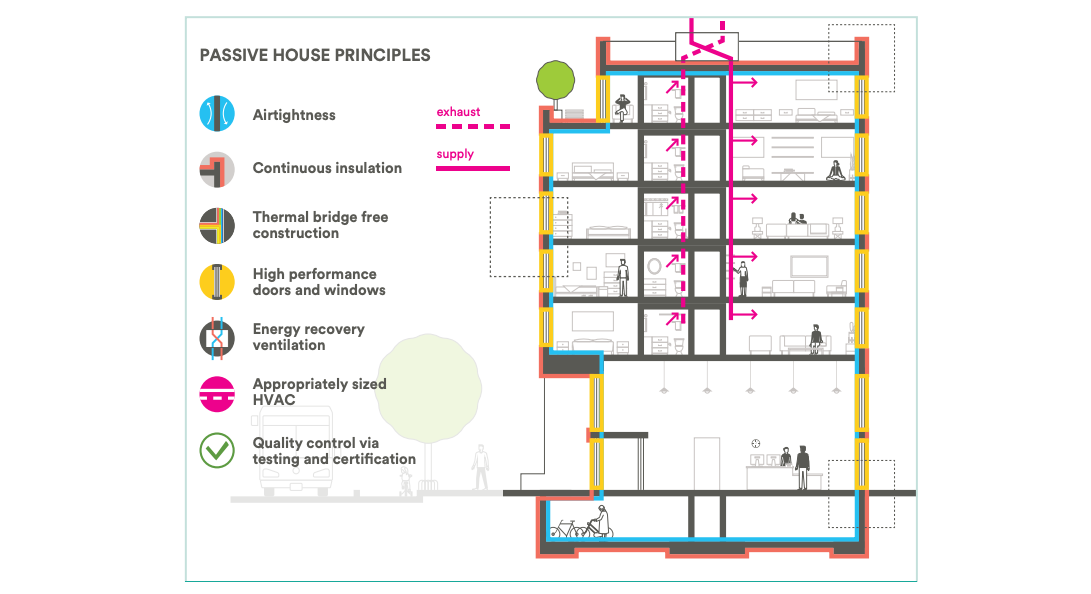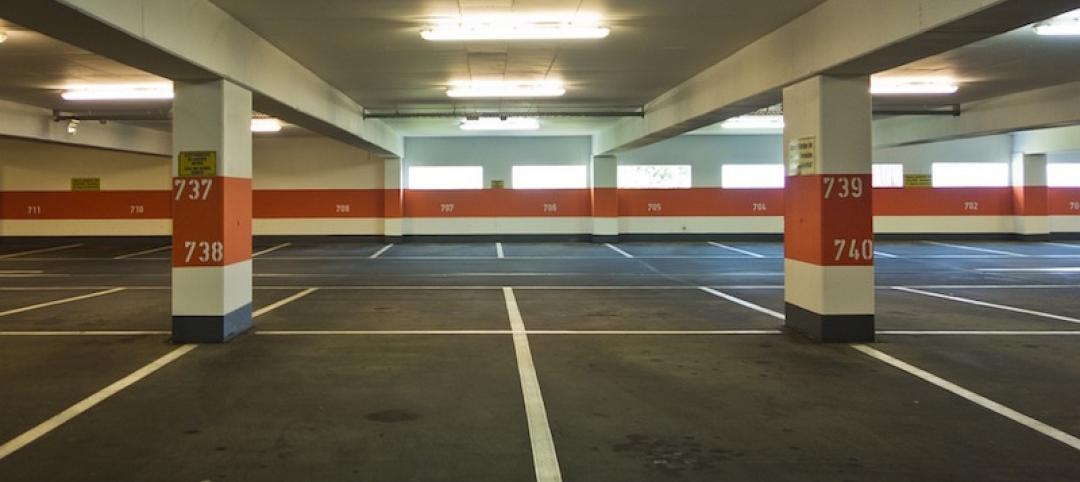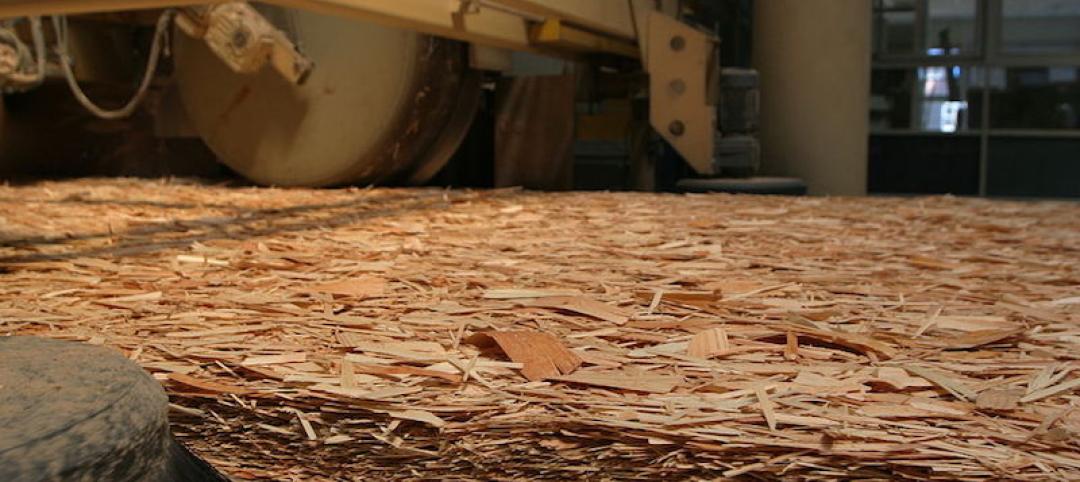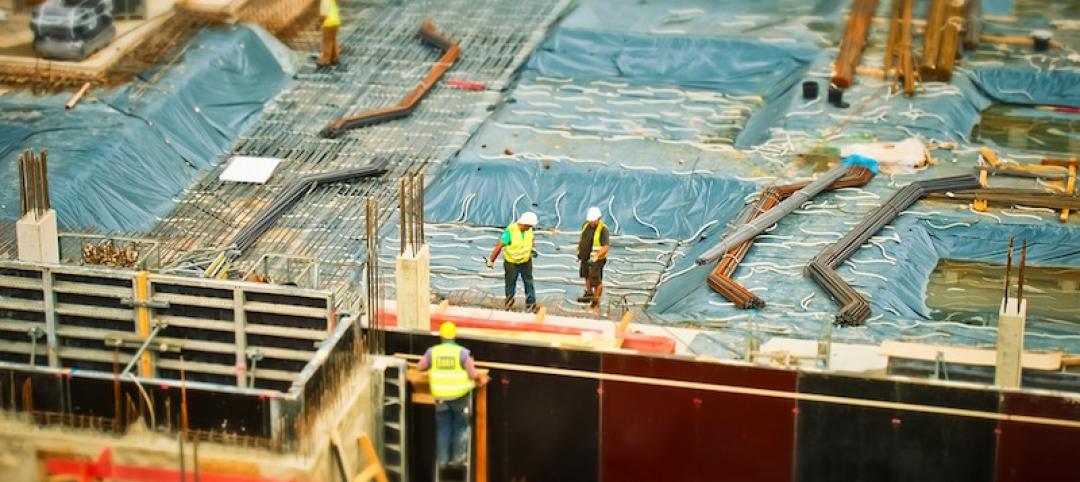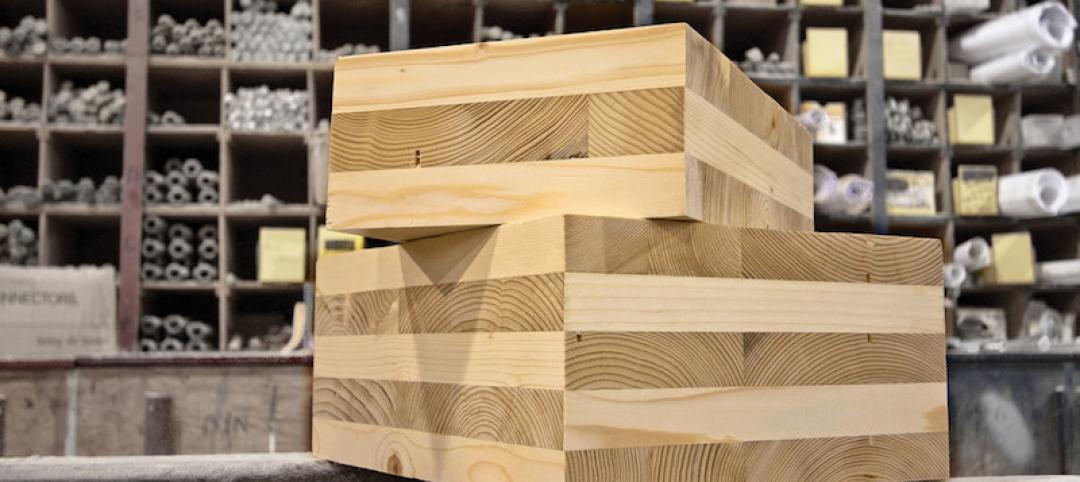A recent study from the New York City Department of Housing Preservation and Development, the Community Preservation Corp., BrightPower and Steven Winter Associates, found that multifamily dwellings built to Passive House standards significantly outperformed conventionally built buildings in energy efficiency.
The study compared Passive House structures to two control groups: one consisting of New York City multifamily buildings built before 2003, and the other comprised of conventional new construction properties built after 2003. When comparing energy use, the Passive House buildings outperformed the post-2003 buildings by 32% to 58%.
Passive House upfront costs are up to 5% higher than conventionally built structures. But, the report asserts that the cost premium is likely to decrease as components become more widely available and cost-efficient.
Obstacles to wider Passive House adoption include a lack of experience and familiarity with the process of designing and building larger-scale Passive House developments among contractors and owners. The study also found that Passive House residents enjoy more consistent interior temperatures, humidity levels, and better acoustic comfort than those living in traditional buildings.
Related Stories
Standards | Aug 16, 2016
Standard for conducting, reporting energy audits open for review
A joint ASHRAE/ACCA proposal seeks comments from industry professionals.
Legislation | Aug 10, 2016
Calif. bill would speed up environmental lawsuits on certain projects
A nine-month limit has been proposed for some $100 million-plus projects.
Resiliency | Aug 10, 2016
White House pushes for better finance strategies for disaster mitigation and resilience
The move highlights innovative insurance, mortgage, tax, and finance-based strategies.
Regulations | Aug 9, 2016
New trend eases parking requirements for U.S. cities
Transit-oriented development and affordable housing are spurring the movement.
Regulations | Aug 8, 2016
EPA toughens rules to reduce formaldehyde exposure from composite wood products
Products will now have to be labeled as compliant to the new rules.
Regulations | Aug 5, 2016
Stop-work orders in New York City up sharply this year
The orders come after a rise in the number of deadly accidents that have occurred in the past few years.
Sustainability | Aug 4, 2016
S.F. Bay Area voters approve first-of-its-kind tax to fight impact of climate change
The funds from the tax will be used to restore wetlands
Concrete | Aug 2, 2016
Concrete Association builds case against cross-laminated timber
The campaign asserts that not enough is known about CLT in construction
Seismic Design | Jul 28, 2016
Risk of man-made earthquakes now factor in seismic hazard analysis
Significant risk increases seen in some areas of the U.S.
Resiliency | Jul 27, 2016
New York’s resilience plans not taking long-term view, critics charge
Continued waterfront development may be regretted later this century.


